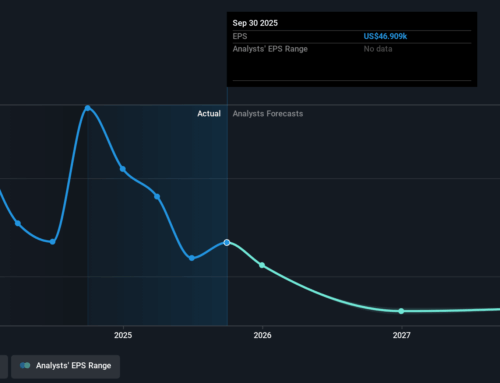Türkiye made ‘significant progress’ in renewable investments: IRENA
November 16, 2025
Türkiye has made “significant progress” in renewable energy investments in line with its 2053 net-zero target, said Francesco La Camera, director-general of the International Renewable Energy Agency (IRENA).
“I see that Türkiye is moving in the right direction and at a fast pace,” he told Anadolu Agency (AA) at the COP30 climate conference held in Brazil’s Belem.
“Türkiye is making significant progress. Of course, we all need to do more, but what we are seeing is encouraging enough,” he said, according to a Turkish transcript of the interview published on Saturday.
Furthermore, La Camera highlighted Türkiye’s geothermal energy potential for increasing its renewable energy capacity. “Türkiye has a great power coming from geothermal energy. It really has extraordinary potential.”
Noting that Türkiye has leadership moving in the right direction in its energy policies, he continued: “I see that Türkiye is advancing in the right direction and at a fast pace. Yet, in my view, geothermal energy is at the center of the system. At the same time, there is extraordinary potential in solar and wind. Türkiye is truly lucky in terms of natural resources to transition more quickly to a clean energy system.”
In the fight against climate change, La Camera said the global energy transition is aligned to limit global warming to 1.5 degrees Celsius (2.7 degrees Fahrenheit), but the speed and scale need to increase.
Highlighting countries’ commitments at COP28 to triple renewable energy capacity within the framework of combating climate change, he said the main issue is not expectations but the concrete steps countries are taking in this direction.
“We are seeing renewable energy capacity increase worldwide, with new records set every year. This is not specific to any one region; it is happening globally,” he said.
However, La Camera warned that progress is insufficient in some regions.
“Only Africa and Southeast Asia are concerning. Some developing countries still do not fully know what they are doing. They have not taken on the role they need to in the energy transition, and some countries are falling behind.”
Regarding the main challenges in the energy transition, La Camera pointed to infrastructure.
“Infrastructure, we have been saying this for years. There is a need for infrastructure that balances grids with equal flexibility.”
“Also, rather than relying on market design and marginal costs, long-term contracts are needed. This is the way to prioritize renewable energy over fossil fuels. Finally, reskilling the existing workforce and training and empowering new professionals must be done in a way that aligns with the new energy system,” he explained.
Emphasizing that the transition to a new energy system also brings decentralization, La Camera added: “The issue is how you manage this decentralization. If you are interconnected with your neighbors and others, you can distribute electrons and molecules more efficiently. This ensures the entire grid is interconnected, adds flexibility to the system, and provides the ability to balance it.”
“Therefore, the transition to a decentralized energy system promotes more regional cooperation, meaning that grids need to be interconnected and work in harmony,” he concluded.
Search
RECENT PRESS RELEASES
Related Post




